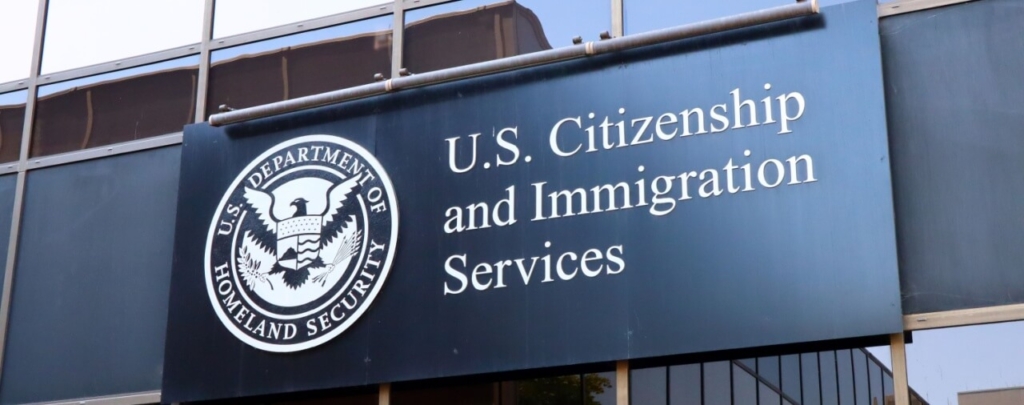Hannes Lubitzsch published an interesting post on Russian bribery enforcement statistics at the FCPA blog [link].1
In the post, he discusses Russia’s release of corporate bribery enforcement statistics in 2018. He noted that a brief survey of the Russian prosecutor’s press releases regarding bribery indictments and convictions “reveal[s] a peculiarity of the Russian enforcement practice — that it is targeting almost exclusively small and mid-scale bribery in day-to-day business.” For example, he noted that most bribes in the public sector were made “to avoid the payment of administrative fines, or to receive state licenses or accelerate registration procedures.” He stated that most fines in the commercial sector to state-own entities “were given … to obtain supply contracts …, or to conceal administrative violations.” Most of the bribe totals and penalties were relatively small according to Lubitzsch’s analysis. For this reason, he stated that “the main liability risk is not the penalty payment … but being exposed in the public register of offenders.” Companies may seek to protect themselves by “taking anti-corruption measures…”
It is important for anyone doing business in Russia to be aware of the latest trends in Russian law enforcement, which itself is often politicized. In the immigration context, the export of Russian law enforcement policies and practices in the business context can come in many forms depending on the specific benefit or form of relief being sought. For example, an investor seeking a visa from Russia will have to carefully establish the lawful source of his or her investment funds. A petition for an intercompany transferee from Russia would have to include detailed information about the corporate entities involved. In some cases, those seeking asylum or withholding of removal from Russia may be able to support their cases by submitting evidence that they are being harmed by politicized law enforcement in Russia on a protected ground. These are just a small sample of the many ways Russian law enforcement policies could affect various immigrant and nonimmigrant petitions involving Russian entities or nationals.





